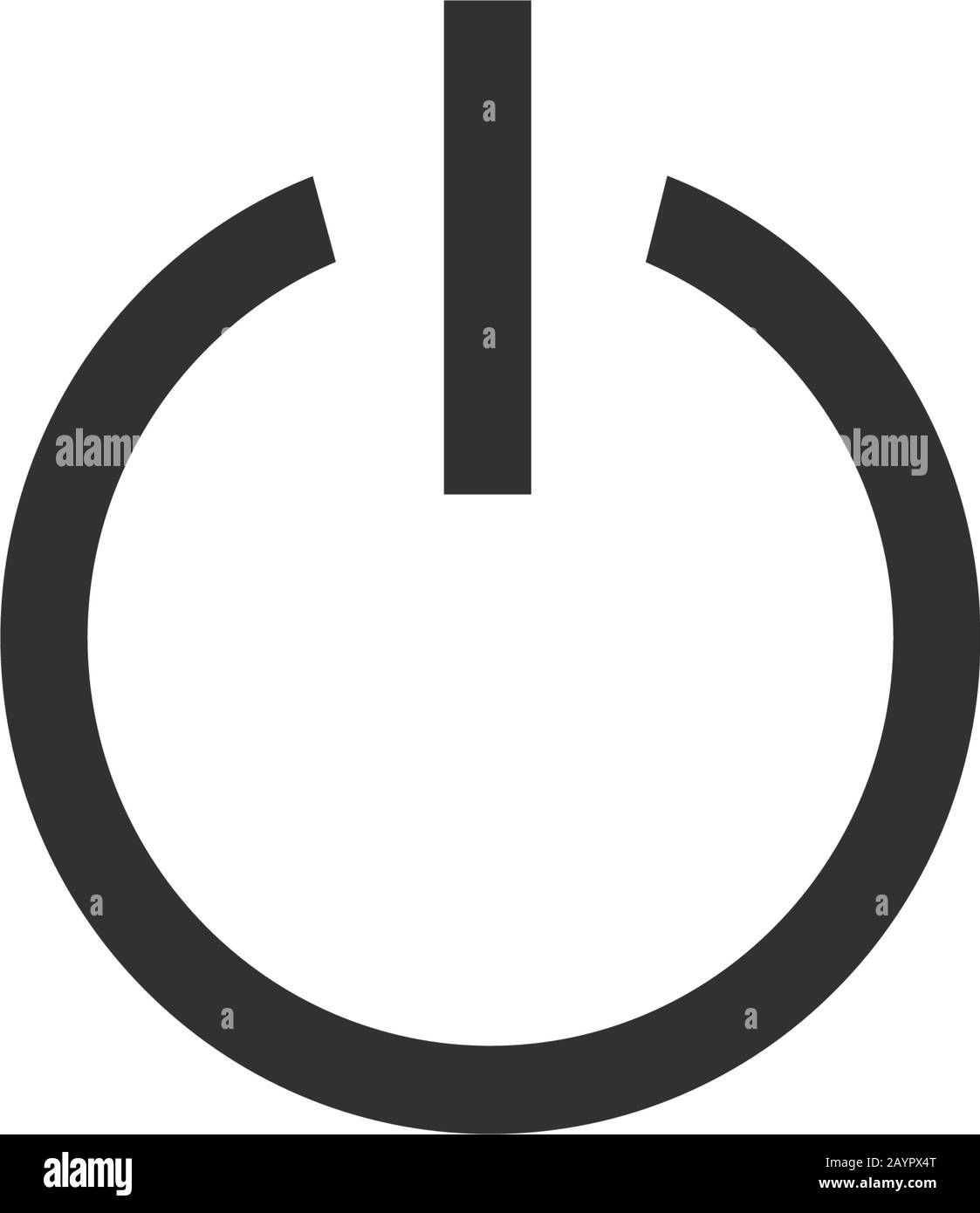The Atlantic Island Plan: A Controversial Migrant Relocation Strategy In France

Table of Contents
The Rationale Behind the Atlantic Island Plan
The French government's justification for the Atlantic Island Plan centers on several key arguments. The primary goal is to alleviate pressure on mainland France's resources and infrastructure, which have been strained by the influx of asylum seekers and migrants in recent years. The plan proposes a more decentralized approach to managing asylum claims, aiming for a more integrated and sustainable solution.
- Reduce strain on mainland French resources and infrastructure: Overcrowded asylum centers and a shortage of resources in mainland France necessitate alternative solutions. The Atlantic Island Plan suggests diverting some asylum seekers to overseas territories.
- Decongest overcrowded asylum processing centers: By relocating applicants, the plan intends to reduce wait times and improve the efficiency of the asylum process in mainland France.
- Offer migrants a pathway to integration outside of mainland pressure points: Proponents argue that relocating migrants to overseas territories can foster better integration opportunities, away from the social and economic pressures of mainland France.
- Potentially alleviate concerns about uncontrolled immigration in certain regions: The plan may be seen as a way to address local anxieties about immigration in specific areas of mainland France.
Criticisms and Concerns Surrounding the Atlantic Island Plan
The Atlantic Island Plan has faced intense criticism on ethical and logistical grounds. Critics accuse the government of essentially exiling migrants to remote locations, isolating them from support networks and limiting their access to opportunities. The plan's feasibility and its potential human rights implications have also been questioned.
- Concerns about isolating migrants from mainland resources and support networks: Relocating migrants to islands far from mainland France raises concerns about access to healthcare, education, and legal assistance.
- Questions about the suitability of the islands' infrastructure and job markets: The capacity of the islands to absorb a significant influx of migrants, considering their existing infrastructure and job markets, is a key concern.
- Criticism of the plan as a form of "out-of-sight, out-of-mind" policy: Opponents argue that the plan is a cynical attempt to address the issue of migration without truly tackling its root causes.
- Legal challenges and human rights implications: The plan's legality and its compatibility with international human rights standards are subject to ongoing debate and legal challenges.
The Islands Involved and Their Capacity
The Atlantic Island Plan primarily focuses on France's overseas departments and regions, including Réunion, Mayotte, and Guadeloupe. However, the capacity of these islands to accommodate a significant number of relocated migrants varies considerably.
- Population density and existing social services on each island: The existing infrastructure and social services on these islands need to be assessed to determine their ability to absorb additional populations.
- Job market capacity and the potential for migrant employment: The islands' economies and job markets need to be able to support a substantial increase in population.
- Availability of housing and infrastructure to accommodate new arrivals: Adequate housing and essential infrastructure are crucial for the successful implementation of the plan.
- Existing migrant communities and potential for integration challenges: Understanding the dynamics of existing migrant communities and the potential for integration challenges is vital for successful implementation.
Political and Public Opinion on the Atlantic Island Plan
The Atlantic Island Plan has been met with a mixed reaction from political actors and the French public. The debate is highly polarized, with strong support from some segments of the population and fierce opposition from others.
- Statements and positions of relevant political parties and figures: Different political parties have taken contrasting stances on the plan, shaping the political landscape surrounding it.
- Public opinion polls and surveys regarding the plan: Public opinion polls reflect a diversity of views, highlighting the complex societal considerations surrounding the plan.
- Media coverage and public discourse surrounding the plan: Media coverage has played a significant role in shaping public opinion and fostering debate around the plan's implications.
- Impact on France's international reputation and relations: The plan’s implementation could impact France’s standing on the international stage and its relationships with other countries.
Conclusion
The Atlantic Island Plan represents a complex and highly contentious approach to migration management in France. While the government frames it as a solution to alleviate pressure on mainland France and offer structured pathways for migrants, substantial ethical and logistical concerns remain. The plan's long-term success hinges on effectively addressing challenges related to island capacity, integration opportunities, and preventing migrant isolation. Further transparent debate, thorough impact assessments, and engagement with relevant stakeholders are crucial before implementing such a far-reaching policy. Understanding the complexities of the Atlantic Island Plan is paramount for fostering an informed and critical discussion of France’s migration policies and exploring more humane and effective alternatives. A thorough evaluation of the Atlantic Island Plan and its potential consequences is vital for developing a just and sustainable approach to migration management in France.

Featured Posts
-
 Sitio Web Del Cne Apagado Seis Enlaces Demuestran La Intencion Deliberada
May 19, 2025
Sitio Web Del Cne Apagado Seis Enlaces Demuestran La Intencion Deliberada
May 19, 2025 -
 Raves Economic Boost A Detailed Analysis
May 19, 2025
Raves Economic Boost A Detailed Analysis
May 19, 2025 -
 Juan Sotos Slow Start Why He Ll Still Excel With The Mets
May 19, 2025
Juan Sotos Slow Start Why He Ll Still Excel With The Mets
May 19, 2025 -
 International Asexuality Day Dispelling Myths And Promoting Acceptance
May 19, 2025
International Asexuality Day Dispelling Myths And Promoting Acceptance
May 19, 2025 -
 Sauver Notre Dame De Poitiers Un Projet De Restauration Ambitieux
May 19, 2025
Sauver Notre Dame De Poitiers Un Projet De Restauration Ambitieux
May 19, 2025
